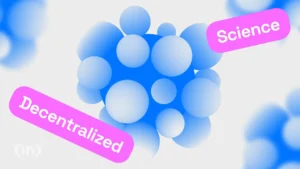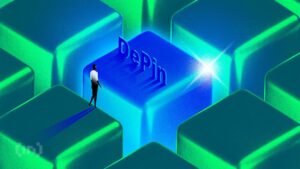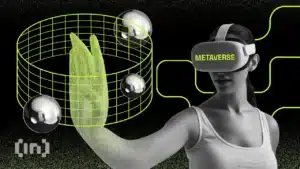Artificial intelligence and human identity: striking the balance or adding to it?
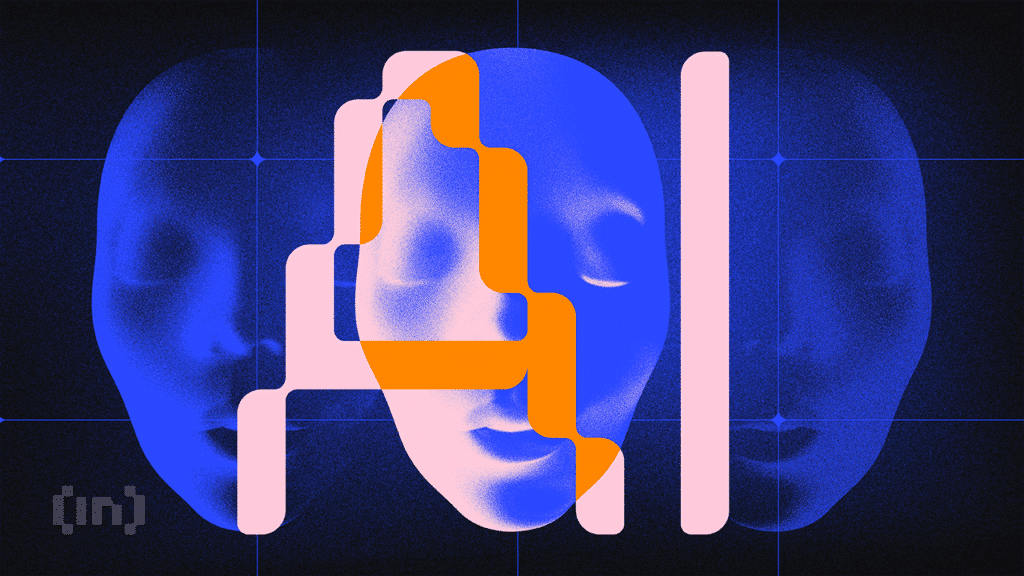
The rapid integration of artificial intelligence (AI's) into our lives has become an omnipresent force, from the workplace to our homes. However, this power raises profound questions about who we are and where we might stand in a world driven by AI.
The exponential growth of AI refers to more than just technological progress. In providing answers to long-standing problems, AI will be deeply intertwined with the fundamentals of human identity, reality, and morality.
The role of AI in defining human identity
Artificial intelligence, in its unstoppable iteration, has become intricately embedded in our daily lives. Beyond its incredible computing power, AI's impact on human psychology and its implications for who we are are topics that require deep insight.
A deep dive into identity change
For many, careers serve as livelihoods—they are anchors of deep personal identity. Take a moment and think about when an introduction starts a person's career. Basically, what we do often defines a part of who we are.
Now, introduce artificial intelligence into this narrative. With its ability to perform tasks, whether routine or complex, faster and more accurately than humans, the threat is not limited to unemployment or job displacement. Basically it is deep.
Dr. Ali Fenwick, who is known for his understanding of behavioral science and his relationship with technology, specifically commented that “AI will not just replace your job.” It changes your psychological identity. This powerful observation raises critical questions about our evolving identity in an era of rapid AI integration.
Addressing psychological changes
So, what does Dr. Fenwick mean when he suggests AI will change who we are psychologically?
Changing perception of value: In a world where machines can mimic or even better human actions, what we refer to as ‘valued skills' can change. Tasks that were once considered complex and reserved for professionals may become routine. This can lead to problems with self-esteem among individuals whose skills are duplicated by artificial intelligence.
Redefining Creativity: In the field of art, where human emotion and creativity are believed to be irreplaceable, AI is starting to work. We already have AI that composes music, writes scripts and impersonates actors. If a machine can imitate a human emotion on a screen or in a song, what does this say about the diversity of human creativity? It argues that the fundamental belief of art is the pure expression of human emotion and experience.
The Direction of Artificial Intelligence: From Helper to Ruler?
The narrative of artificial intelligence has long been shaped by the oscillating dynamics between humanity and machines. Initially envisioned as a tool to streamline tasks, the evolution of AI is beginning to lead us to a future where they are not just passive tools, but active participants or leaders in the world system. But what is shaping this transition and how are visionaries in the tech world responding?
Understanding the landscape of artificial intelligence
In today's AI experience, leading experts call ‘weak AI'. These are systems specifically designed for single task operations. For example, Siri is adept at understanding and executing voice commands, but cannot think or strategize beyond its coding abilities.
However, Dr. Fenwick's insights shed light on an important aspect: the pace of AI evolution is not linear, but exponential. Machines are moving from just performing tasks to being able to understand and innovate beyond human comprehension.
An echo of caution from technology pioneers
Elon Musk has repeatedly voiced concerns about uncontrolled AI development, among other technological hype. But why this concern? What matters is not just the potential for AI to take over, but the potential to shape societal norms, ethics, and power changes.
There are several factors driving these concerns.
Technological leaps: AI systems are becoming smarter and more autonomous with each iteration. The leap from ‘weak AI' to ‘general AI' (machines that can perform any mental task a human can do) seems inevitable. Apart from that, the ‘Superintelligent AI' scene looms large. Moral Ambiguity: AI decisions, as they act more autonomously, become more dependent on their programming. But who decides what is moral or right? The challenge of changing ethics, especially in different global contexts, is enormous. A machine-driven world: As AI becomes more embedded in our infrastructure, there is a risk of overconfidence. This reduces human creativity and problem solving, increasing the role and power of AI.
The Deep False Tremor: Breaking the Boundaries of Reality
In our advanced digital age, tools like deepfake are blurring fact and fiction. Deeply pseudotechnology, innovative and divisive, reshapes our understanding of truth, leading to ethical and practical challenges.
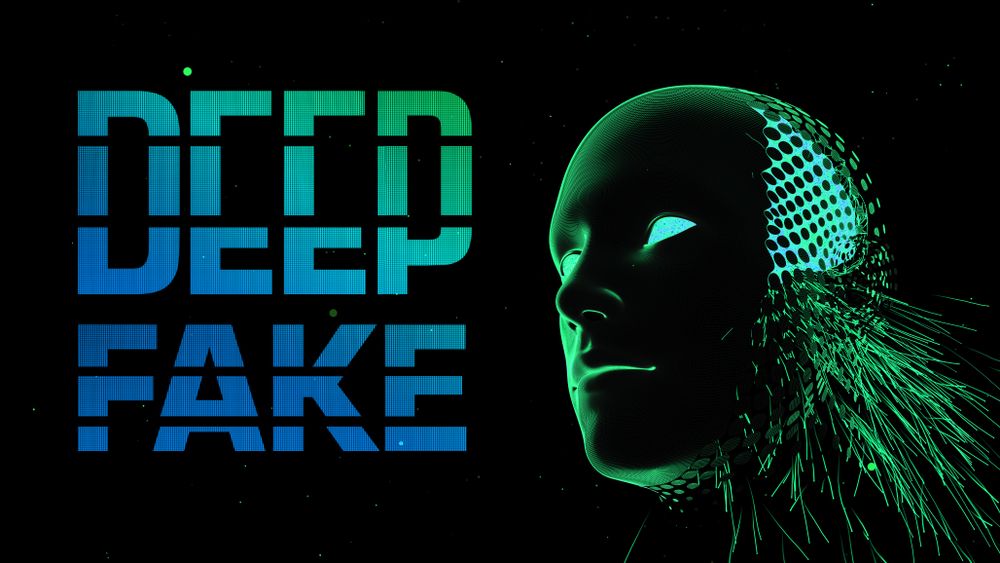
Understanding deep lies
Deepfakes use artificial neural networks to overlay images and videos onto original media. The result? Incredibly real but completely buried content, often indistinguishable from the source.
Deep false influences
Dr. Fenwick highlights the main issue: the growing challenge of separating genuine content from deepfakes. The spread of this technology causes many problems.
Misinformation: Deepfakes can promote ‘fake news' by distorting public perception with falsified evidence. Privacy concerns: Using minimal media, Deepfakes can impersonate anyone, putting black people or identity questions at risk. Erosion of trust: As deepfakes spread, trust in hard video evidence simultaneously erodes, affecting journalism and even legal systems.
Cognitive challenges
With Deepfakes, seeing isn't always believing. It is crucial to separate fact from fiction. With AI tools emerging to detect deepfakes, it's an ongoing game of cat and mouse. As Deepfakes advance, so should our detection methods.
In conclusion, Deepfakes reminds us of the double-edged nature of technology. While developing innovative ways, they require more investigation and critical analysis in today's digital world. Raising a population armed with the right tools and knowledge will be critical.
Creating a future collaboration, not a replacement
However, the artificial intelligence narrative doesn't have to be all about horror. A shift in perspective, seeing AI as a collaborative partner rather than a replacement, could pave the way for coexistence. Dr. Fenwick predicts a bright future: “With judicious decisions, AI can usher in an era of prosperity and security.
The big conversation around AI isn't just fixed on algorithms and codes. It is a profound existential conversation that requires mutual understanding, deliberation, and active action. The choices made today will echo in the melodies of tomorrow, AI will be the complement or discordant note of the human symphony.
“In an AI-driven future, recognizing and protecting human identity will be paramount.”
In conclusion, the integration of artificial intelligence into society warrants deep reflection on its wider implications. While AI has the potential to redefine our society, it also poses existential challenges. The balance lies in harnessing the benefits of AI while preserving human identity.
Disclaimer
In compliance with Trust Project guidelines, this opinion piece represents the views of the author and may not necessarily reflect the views of BeInCrypto. BeInCrypto is committed to transparent reporting and maintaining the highest journalistic standards. Readers are advised to independently verify information and consult with professionals before making decisions based on this content.




